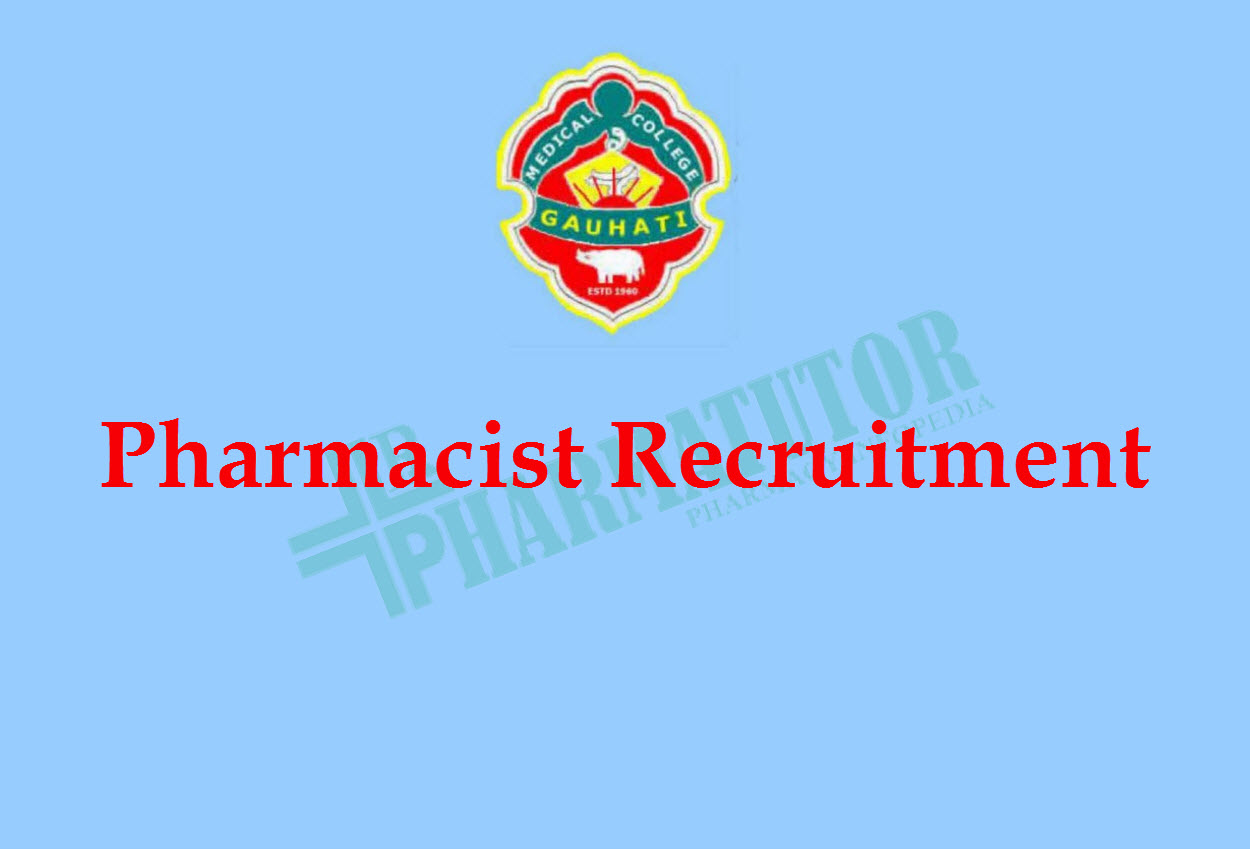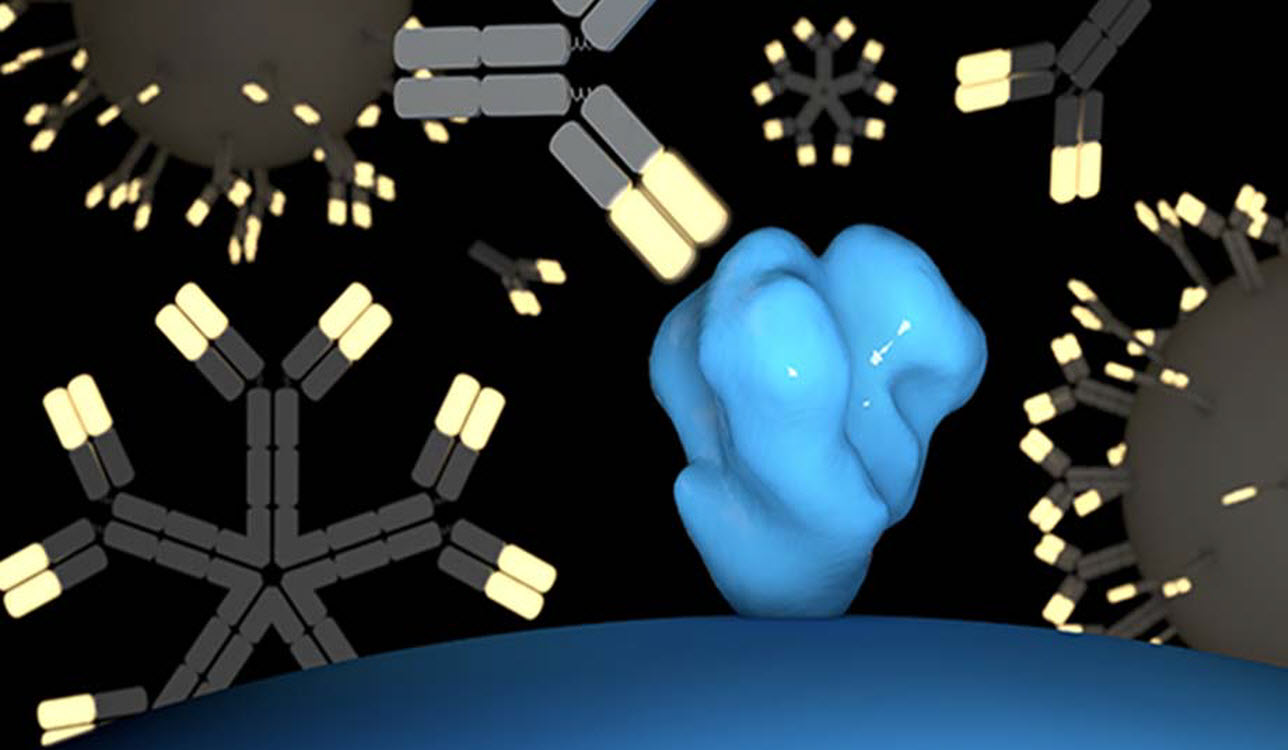Recruitment for Pharmacist at GMCH - Government Jobs

AstraZeneca’s Imfinzi (durvalumab) has been approved in the US for an additional dosing option, a 1,500mg fixed dose every four weeks, in the approved indications of unresectable Stage III non-small cell lung cancer (NSCLC) after chemoradiation therapy (CRT) and previously treated advanced bladder cancer. This new option is consistent with the approved Imfinzi dosing in extensive-stage small cell lung cancer (ES-SCLC) and will be available to patients weighing more than 30kg as an alternative to the approved weight-based dosing of 10mg/kg every two weeks.
The approval by the Food and Drug Administration (FDA) was based on data from several Imfinzi clinical trials, including the PACIFIC Phase III trial which supported the two-week, weight-based dosing in unresectable Stage III NSCLC, and the CASPIAN Phase III trial which used four-week, fixed-dosing during maintenance treatment in ES-SCLC. The decision follows the Priority Review granted by the FDA in August 2020.
Victoria M. Villaflor, MD, Clinical Professor in the Department of Medical Oncology and Therapeutics Research at City of Hope Cancer Center, Los Angeles, California, said: “This new four-week dosing option gives doctors the choice to cut the number of visits for critical cancer treatment in half and offers a regimen that is more convenient for patients. Additionally, it limits potential exposure to infection in the healthcare environment for a population that is especially vulnerable to complications from COVID-19.”
Dave Fredrickson, Executive Vice President, Oncology Business Unit, said: “The approval of this new dosing option across indications reflects our ongoing commitment to improve the patient experience and ensure continuity of care - a priority at all times, but especially during the pandemic. Cancer won’t wait, and it is our job to provide patients with treatment options that acknowledge the challenges the pandemic poses to cancer care, enabling them to visit their physician when truly needed and avoid preventable exposure to healthcare-associated infections.”
The four-week 1,500mg fixed-dosing option for Imfinzi is also under regulatory review in several other countries, including in the EU where the new dosing option was granted accelerated assessment.
Imfinzi is approved in the curative-intent setting of unresectable, Stage III NSCLC after CRT in the US, in the EU, in Japan, in China and in many other countries, based on the PACIFIC Phase III trial. Imfinzi is also approved for previously treated patients with advanced bladder cancer in the US and several other countries. Additionally, it is approved in the US, the EU, Japan and several other countries around the world for the treatment of ES-SCLC based on the CASPIAN Phase III trial.

Antibodies from engineered B cells approach an HIV particle (shown in blue) to disable it. In a new study, scientists found that gene-edited B cells can generate durable protective antibody responses against HIV when activated with a vaccine. (Illustration courtesy of the Voss laboratory at Scripps Research.)

Yukuan Chen, Xiaohui Wu, Danchun Hu and Wei Wang, from the Shantou University Medical College, Shantou, China and Second Affiliated Hospital of Shantou University Medical College, Shantou, China consider the importance of mitochondrial-related genes in dilated cardiomyopathy.
Pfizer Inc. and BioNTech SE announced that, after conducting the final efficacy analysis in their ongoing Phase 3 study, their mRNA-based COVID-19 vaccine candidate, BNT162b2, met all of the study’s primary efficacy endpoints. Analysis of the data indicates a vaccine efficacy rate of 95% (p<0.0001) in participants without prior SARS-CoV-2 infection (first primary objective) and also in participants with and without prior SARS-CoV-2 infection (second primary objective), in each case measured from 7 days after the second dose.
The first primary objective analysis is based on 170 cases of COVID-19, as specified in the study protocol, of which 162 cases of COVID-19 were observed in the placebo group versus 8 cases in the BNT162b2 group. Efficacy was consistent across age, gender, race and ethnicity demographics. The observed efficacy in adults over 65 years of age was over 94%.
There were 10 severe cases of COVID-19 observed in the trial, with nine of the cases occurring in the placebo group and one in the BNT162b2 vaccinated group.
To date, the Data Monitoring Committee for the study has not reported any serious safety concerns related to the vaccine. A review of unblinded reactogenicity data from the final analysis which consisted of a randomized subset of at least 8,000 participants 18 years and older in the phase 2/3 study demonstrates that the vaccine was well tolerated, with most solicited adverse events resolving shortly after vaccination. The only Grade 3 (severe) solicited adverse events greater than or equal to 2% in frequency after the first or second dose was fatigue at 3.8% and headache at 2.0% following dose 2. Consistent with earlier shared results, older adults tended to report fewer and milder solicited adverse events following vaccination.
In addition, the companies announced that the safety milestone required by the U.S. Food and Drug Administration (FDA) for Emergency Use Authorization (EUA) has been achieved. Pfizer and BioNTech plan to submit a request within days to the FDA for an EUA based on the totality of safety and efficacy data collected to date, as well as manufacturing data relating to the quality and consistency of the vaccine. These data also will be submitted to other regulatory agencies around the world.
“The study results mark an important step in this historic eight-month journey to bring forward a vaccine capable of helping to end this devastating pandemic. We continue to move at the speed of science to compile all the data collected thus far and share with regulators around the world,” said Dr. Albert Bourla, Pfizer Chairman and CEO. “With hundreds of thousands of people around the globe infected every day, we urgently need to get a safe and effective vaccine to the world.”
“We are grateful that the first global trial to reach the final efficacy analysis mark indicates that a high rate of protection against COVID-19 can be achieved very fast after the first 30 µg dose, underscoring the power of BNT162 in providing early protection,” said Ugur Sahin, M.D., CEO and Co-founder of BioNTech. “These achievements highlight the potential of mRNA as a new drug class. Our objective from the very beginning was to design and develop a vaccine that would generate rapid and potent protection against COVID-19 with a benign tolerability profile across all ages. We believe we have achieved this with our vaccine candidate BNT162b2 in all age groups studied so far and look forward to sharing further details with the regulatory authorities. I want to thank all the devoted women and men who contributed to this historically unprecedented achievement. We will continue to work with our partners and governments around the world to prepare for global distribution in 2020 and beyond.”
The Phase 3 clinical trial of BNT162b2 began on July 27 and has enrolled 43,661 participants to date, 41,135 of whom have received a second dose of the vaccine candidate as of November 13, 2020. Approximately 42% of global participants and 30% of U.S. participants have racially and ethnically diverse backgrounds, and 41% of global and 45% of U.S. participants are 56-85 years of age. A breakdown of the diversity of clinical trial participants can be found here from approximately 150 clinical trials sites in United States, Germany, Turkey, South Africa, Brazil and Argentina. The trial will continue to collect efficacy and safety data in participants for an additional two years.
Based on current projections, the companies expect to produce globally up to 50 million vaccine doses in 2020 and up to 1.3 billion doses by the end of 2021. Four of Pfizer’s facilities are part of the manufacturing and supply chain; St. Louis, MO; Andover, MA; and Kalamazoo, MI in the U.S.; and Puurs in Belgium. BioNTech’s German sites will also be leveraged for global supply.
Pfizer is confident in its vast experience, expertise and existing cold-chain infrastructure to distribute the vaccine around the world. The companies have developed specially designed, temperature-controlled thermal shippers utilizing dry ice to maintain temperature conditions of -70°C±10°C. They can be used be as temporary storage units for 15 days by refilling with dry ice. Each shipper contains a GPS-enabled thermal sensor to track the location and temperature of each vaccine shipment across their pre-set routes leveraging Pfizer’s broad distribution network.
FIND MORE CONFERENCES AT PHARMATUTOR